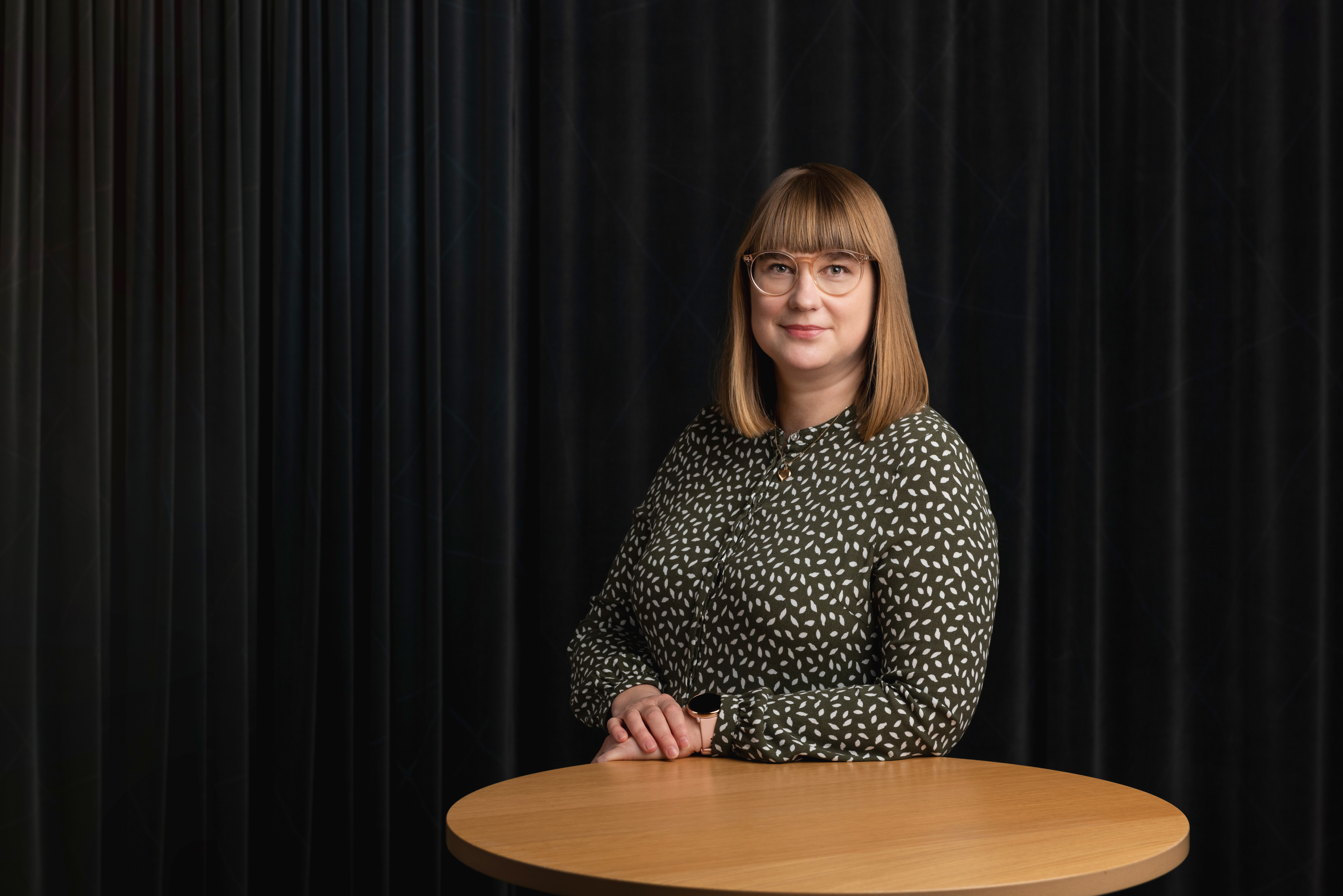What is the responsibility of the media when a person belonging to a minority group does not want to be interviewed?
The lack of diversity in traditional Finnish media is still a topical subject, even though the situation is constantly improving. There are of course many reasons for the lack of diversity, such as the traditional media still interviewing mainly those who are in power. In this blog post, however, I will focus on two issues that lead to a lack of diversity in traditional media: The interview situation and the way media handles human rights issues.
When I follow discussions on the topic or discuss them myself with representatives of the media, the explanation they often give me is that they do try to interview women and persons belonging to a minority group , “but they are just not willing”. Then they demand courage from the potential interviewees and the responsibility is pushed back on the interviewees’ shoulders: If only persons belonging to a minority were just a bit braver, diversity in media would increase. I demand that the media take responsibility: Why are interviews seen as so terrifying that people do not want or dare to give an interview, even though they are experts in the subject or consider the subject important?
I argue that reporters forget how challenging things like an interview or participating in a TV talk show really are for many people. This is also true for people who have experience with the media and who have chosen to lead a public life through politics, for example.
Many persons belonging to a minority group describe interview situations as difficult, because they have to represent their group and defend the rights of the entire group. At the same time, they open up, open their homes or talk about painful things in their background and a history that may have some open wounds. A reporter approaching the situation with the clinical attitude of just wanting the facts or trying to confirm a preconceived idea can do a lot of damage.
In the interview, the reporter can also try to force the minority member to fit a certain mould and emphasise stereotypes. For example, experts may be asked to be photographed in a shopping centre that has nothing to do with them or their topic, but that highlights stereotypes related to the minority. The reporter may ask questions while insisting that “I probably shouldn’t ask this, but I’ll ask anyway” and press for opinions. In an interview, most people want to be nice and answer the reporter’s questions. Reporters think that you can always say no, but for a person without intensive media training, refusing to answer is a big deal. In general, people agree to do anything the reporter asks, but after the interview, they may feel like they have been taken advantage of.
Susani Mahadura and Olli Seuri discuss safe interviews in the podcast ‘Avoin kysymys’ (Open question, areena.yle.fi). In the podcast, Mahadura emphasises that when a person is interviewed on a difficult subject, it is extremely important to ensure that they feel safe.
And what about the way the media discusses human rights issues? Numerous media studies have come to the same conclusion: Persons belonging to a minority group (people with disabilities, sexual and gender minorities, ethnic minorities) are typically described as victims or difficult complainers in the media. When a person belonging to a minority talks about violations of rights or the lack of rights (rights that are self-evident, everyday things for the majority, such as going from one place to another), the person is described as an angry warrior that demands a right (or a privilege) and change, or completely “shuts down” development that would violate their or their group’s human rights.
Media’s traditional criteria for news are a poor fit for topics that involve human rights violations, such as discrimination. Confrontation and opposing views are sought in human rights issues; in the worst case scenario, a person belonging to a minority has to defend their own humanity against a politician to whom the other person’s life and identity is just a matter of opinion. Trasek explains this well in an open letter (Facebook, in Finnish) concerning a situation, in which a trans person was sought for a show by the Finnish national broadcasting company Yle that would present confrontational and opposing views. All too often, equality issues are turned into stories intended to shock the majority by a minority allegedly demanding that things have to be either done in a different way or that “you aren't allowed do anything”.
Considering the situations described above, the threshold of participating in public discussion through traditional media rises even higher when you add the onslaught of social media hate that will most likely be focused on the interviewee after being visible in the media (an onslaught fuelled specifically by the confrontational approach chosen by the media). This is also a human rights issue, and every media that claims to defend democracy and human rights should consider its own role the next time when a person belonging to a minority group or a woman refuses to give an interview.

